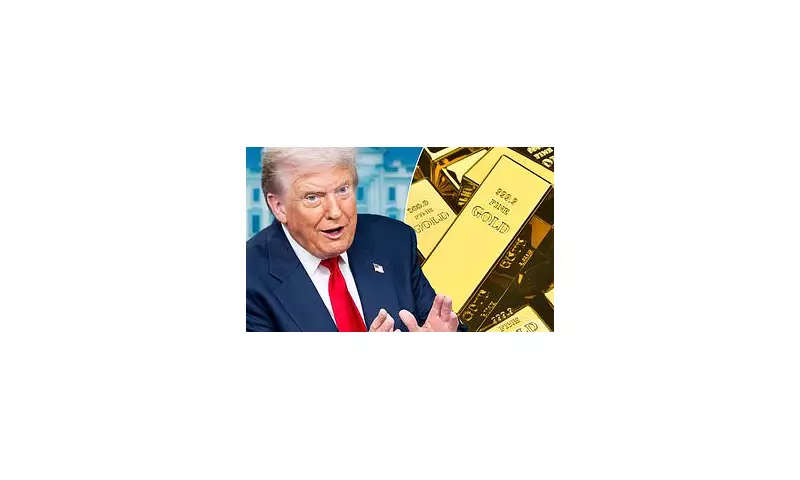
In a surprising move, former US President Donald Trump has exempted gold bars from import tariffs, a decision that has sent ripples through financial markets and political circles alike.
The exemption, which applies to gold bars imported into the United States, is seen as a strategic play to bolster the precious metals market while avoiding additional costs for investors and traders.
Why Gold Bars Were Exempted
Gold has long been considered a safe-haven asset, especially during times of economic uncertainty. By removing tariffs on gold bars, Trump's policy aims to encourage investment in physical gold, which could stabilise markets amid fluctuating global trade tensions.
Economists are divided on the long-term effects of this decision. Some argue it will strengthen the dollar's position, while others warn it could lead to increased speculation in the commodities market.
Impact on Global Trade
The exemption raises questions about the future of US trade policy, particularly regarding other precious metals and commodities. Will silver, platinum, or palladium be next? Analysts are closely watching for further announcements.
Meanwhile, gold traders and bullion dealers have welcomed the news, anticipating a surge in demand for physical gold as tariffs no longer inflate prices.
Political Reactions
Critics of the move suggest it disproportionately benefits wealthy investors and large financial institutions. Progressive lawmakers have already voiced concerns, calling it a "tax break for the elite."
Supporters, however, argue that the exemption will stimulate economic activity and provide a much-needed boost to the precious metals sector.
As the debate continues, one thing is clear: this decision will have lasting implications for both the economy and political discourse in the run-up to the next election.





